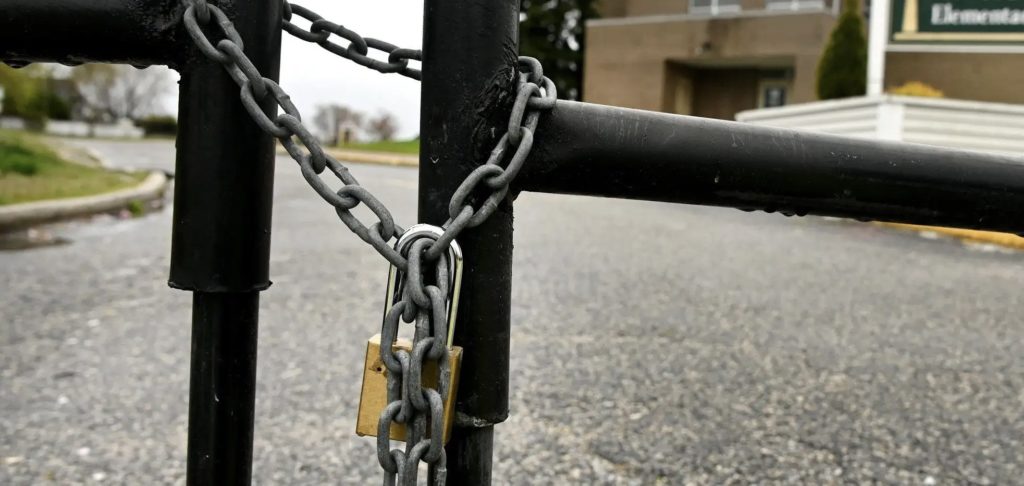This week I reach deep into my own archives for a fun story about a girl who loses her shoe just before she is up for a class presentation. Enjoy the story.
By now I am coming up on just short of 90 free stories I have posted to the blog over the last three years. My motto is, I show up. I hope some of the stories have brought a smile, a memory, a few moments of escape to your lives. Thanks for reading.
My Shoe is on the Roof
Bob Gillen
When the bell ending lunch period rang, Becky Brockway and Maria Ruiz broke off from their soccer game. They took places at the very end of the class line.
“I wish the afternoon was over already,” Becky said. “I dread reading my Social Studies report to the class.”
Just then, Mrs. Spaulding, pointing across the yard, called out, “Who left a sweatshirt out on the field?”
Becky said, “Oops, that’s mine.”
“Go and get it,” Mrs. Spaulding said. “Hurry back and meet us in class. And take Maria with you.”
Becky and Maria raced across the yard while the class filed inside.
After Becky picked up her sweatshirt, she lagged behind Maria on the way back to class. She tied the arms of the sweatshirt together to shape it into a rough ball shape. She then kicked it all the way back to the one-story class building at the other side of the schoolyard.
“Come on, Becky,” Maria said. “We’ll be late.”
“That’s okay with me.” Not able to resist one last kick, she swung her leg hard.
Something felt wrong. The sweatshirt lay in the grass a few feet further ahead.
Her right foot felt weird. She looked up to see her shoe flying through the air. It landed on the school roof.
Maria was already in the doorway. “Come on,” she called out.
Becky stood staring at the roof. She looked down at her foot. Then back up at the roof. A knot began to form in the pit of her stomach. She felt the blood rush out of her face.
Maria stepped back out from the doorway. She looked up at where Becky was staring. Then she looked down at the shoeless right foot. She laughed. Hard.
“What did you do?”
Becky pointed at the roof. “I lost my shoe.”
“Nice move,” Maria said. She was still laughing. “You can say goodbye to that good Social Studies grade.”
“Oh no!” Becky shouted. “My report! How am I going to read in front of the class? I’m doomed.”
Just then, Jason Arnold stuck his head out the door. “Mrs. Spaulding is waiting for you… She won’t start the class without you.”
“I can’t do this,” Becky said to Maria. “I can’t go back to class.”
“We have to go in. Come on. You can cover the missing shoe.”
“No. I know… I’ll go to the office and say I’m sick.”
“How are you going to get through the office without a shoe?” Maria asked.
“I’m ruined,” Becky moaned. “I have an F before I read the first word of my report.”
“Try my shoe on,” Maria suggested as she slipped one off.
Becky struggled to get the shoe on her foot. Even when she realized it was too small, she kept pulling.
“Alright, alright!” Maria said. “Don’t ruin it. It isn’t your size.”
“What am I going to do? I’ll be so embarrassed in front of the class. Everyone will laugh at me.”
“Walk behind me,” Maria said. “Just get to your seat. You’ll figure something out.”
By now they were at the classroom door. Maria opened it slowly. Becky followed her in so closely she stepped on Maria’s heel twice.
“We’ve been waiting for you,” Mrs. Spaulding said.
Becky slid into her seat. “Sorry.”
“We’re ready now to begin the reports.”
Slumping down in her seat, Becky thought, I’m dead. There’s no way I can do this.
“Jason, please read your report,” Mrs. Spaulding said.
Oh great, Becky thought. Alphabetical order. I’m next.
When Jason finished his report, Mrs. Spaulding left her desk and walked to the rear of the classroom. “That was excellent, Jason. Becky, would you step forward to read yours?”
Becky hobbled to the front of the room. She stood with her right foot on tiptoe.
From his seat in the front row, Jason noticed that Becky’s shoe was missing. Turning to make sure Mrs. Spaulding wasn’t looking his way, he stretched out his foot to step on Becky’s toes. Becky jumped, then stepped back away from him. She smiled weakly in Mrs. Spaulding’s direction and began to read.
Halfway through her report, her right foot cramped from the awkward pose. She had to put it flat on the floor. She read the second half of the report tilted to one side.
When she finished, she looked up. She felt like the Leaning Tower of Pisa.
So far so good, she thought.
“Thank you, Becky,” Mrs. Spaulding said.
Becky went back up on tiptoe and started for her seat. Mrs. Spaulding motioned for her to stay in the front.
“Does anyone in the class have any questions for Becky?” Mrs. Spaulding began walking to the front of the room.
Becky felt what must have been a million eyes looking right at her. She knew her face was getting redder by the second.
Jason’s hand went up.
“Yes, Jason?” Mrs. Spaulding said.
Jason had just a hint of a smirk on his face. “Shouldn’t she stand up straight when she does her presentation?”
By now Mrs. Spaulding was almost to the front of the classroom.
“Yes, I suppose proper posture would help,” she said. “But Becky did a fine job on her report.” She turned to Becky. “Your report was informative, well-researched, and interesting. You’ve shown a lot of improvement, Becky.”
Becky beamed. She couldn’t believe it. She likes my report!
Now Mrs. Spaulding reached her desk. She stopped, looked down at Becky’s foot. “Becky, why are you wearing only one shoe?”
Becky swallowed hard. Jason laughed out loud. The whole class shifted to look at Becky’s feet. Others began to laugh. Becky felt ready to die.
“Class, we don’t need any laughter. Becky, where is your shoe?”
“My shoe is on the roof,” she said in a voice just above a whisper.
“On the roof?” Mrs. Spaulding said.
“Yes, ma’am.”
“And when did this happen? Didn’t you have both shoes on at the end of lunch period?”
“I was practicing my soccer kick after I picked up my sweatshirt, and it slipped off my foot.”
There was a long silence. Becky stared at the floor.
Becky heard a giggle. She looked up to see Mrs. Spaulding beginning to laugh.
“Only you, Becky Brockway!” She turned to another student. “Ryan, you’re up next.”
As Becky hobbled back to her seat, Ryan whispered to Maria. “I’m going to mess up.”
Maria whispered back. “Take off a shoe. It worked for Becky.”


Recent Comments